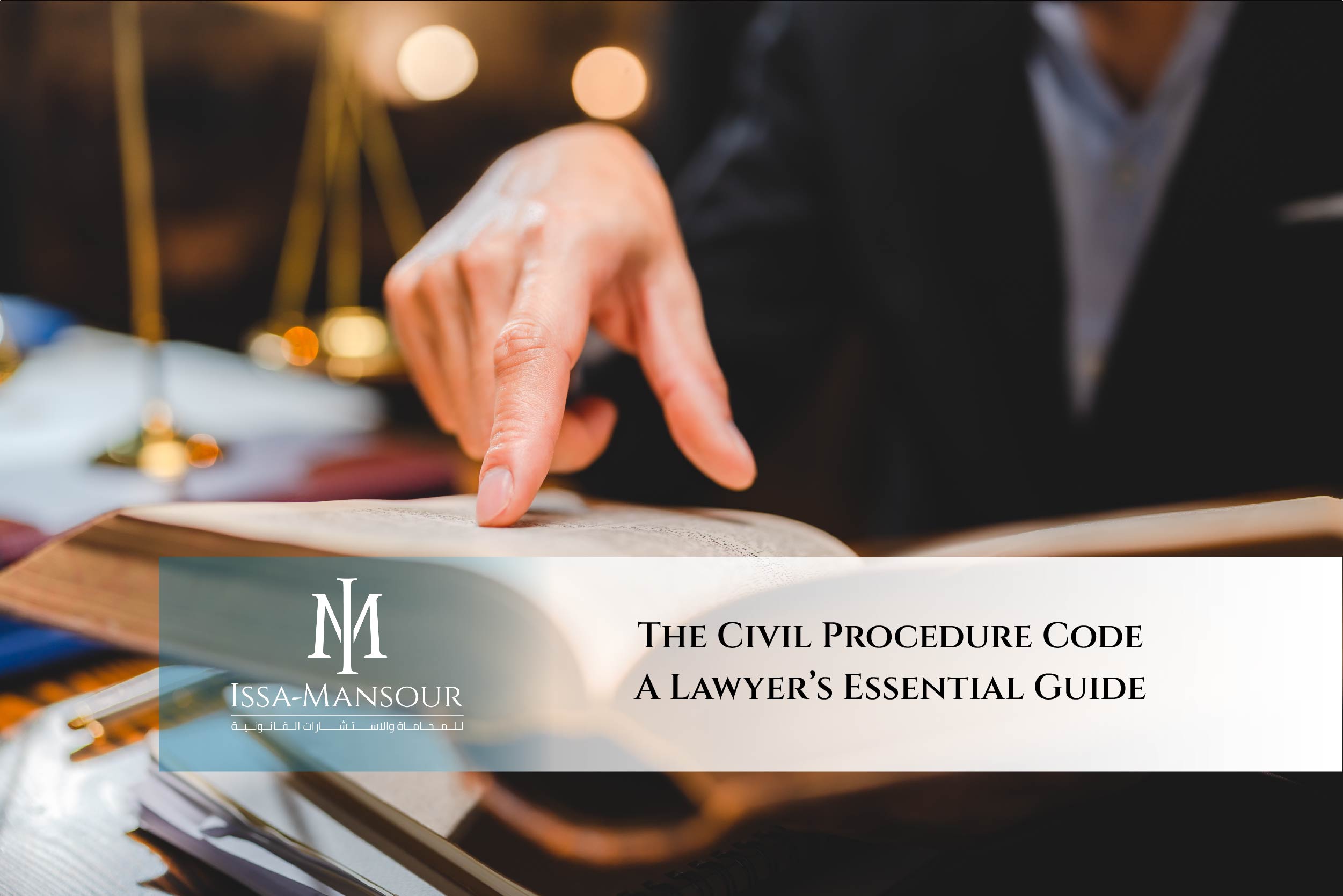The Civil Procedure Code, first enacted on September 16, 1983, by Legislative Decree No. 90, has been the backbone of legal practice in Lebanon for decades. Over time, some of its provisions have been updated, most notably by Law No. 154 of August 17, 2011, concerning Summary Procedures.
For lawyers and legal practitioners, the Civil Procedure Code is more than just a set of rules. It is the foundation of litigation and often described as the identity card of a lawyer’s professional work. Practicing law without a solid grasp of its principles is simply impossible.
The Code covers essential areas such as:
- The initiation and structure of lawsuits
- Deadlines and their consequences
- Trial procedures and methods of appeal
- Jurisdiction rules and their applications
These are not just technical details; they directly shape outcomes in court.
Every experienced lawyer knows that even a strong case can be lost due to procedural mistakes. Missing an appeal deadline, failing to attach the correct certified documents, or using the wrong method of appeal can easily tip the scales against a client. On the other hand, precise adherence to these principles can turn the tide in favor of the litigant.
This is why mastery of the Civil Procedure Code is what truly distinguishes one lawyer from another. Beyond talent or persuasion, it reflects a lawyer’s stage of development, commitment to the profession, and drive for excellence.
In the end, a lawyer’s success and reputation rest not only on their experience but also on their depth of knowledge of procedural and substantive law. When this expertise translates into a consistent record of favorable outcomes, it naturally justifies the value of their legal services and fees.

